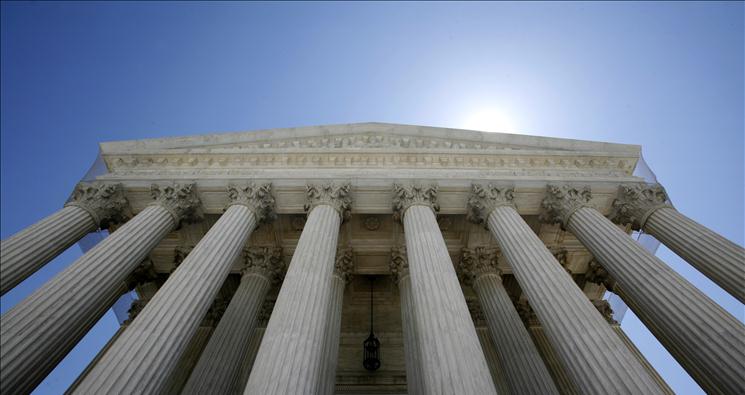The Anti-Injunction Act: What It Is And How It Could Impact ObamaCare
The American Center for Law & Justice (“ACLJ”) filed its third amicus brief today in the ObamaCare case that the Supreme Court will consider this March. This brief addresses the Anti-Injunction Act (“AIA”) issue.
The AIA issue is the least publicized of the four issues the Court will consider in the coming months. It is overshadowed by the other three issues: (1) whether the individual mandate (requiring Americans to buy health insurance from private companies for the rest of their lives or pay annual penalties) is constitutional, (2) whether the individual mandate is severable from the rest of ObamaCare (in other words, whether its unconstitutionality requires the Court to invalidate the entire law), and (3) whether the Medicaid expansion is constitutional.
The AIA should not be overlooked because, if the AIA applies, the Supreme Court would be barred from ruling on the constitutionality of the individual mandate and its severability for several years. Application of the AIA, however, would not stop the Court from resolving the constitutionality of the Medicaid expansion at this time.
The AIA was enacted in 1867 to stop federal courts from preventing the federal government from assessing and collecting taxes. Under the AIA, a person who allegedly owes money under a truly revenue-raising tax provision cannot file a lawsuit to prevent the assessment or collection of a tax or related tax enforcement penalties; if he does, a federal court must dismiss the lawsuit. The person generally must first pay the tax and then file a lawsuit to challenge the legality of the tax and obtain a refund.
For the Supreme Court to apply the AIA to the ObamaCare litigation, it would have to conclude that the penalty for non-compliance with the individual mandate is a tax. If the Court decides that the AIA applies, the Court would be unable to decide the constitutionality of the individual mandate and its severability for several years.
The individual mandate takes effect on January 1, 2014. For a person refusing to purchase health insurance, his penalty must be paid at the time his federal income taxes are due and owed: April 15, 2015. Thereafter he could file a lawsuit challenging the penalty and the constitutionality of the mandate.
A lawsuit filed in 2015 would not reach the Supreme Court until 2017 at the earliest. Assuming ObamaCare is not repealed before then, the Supreme Court would not be issuing a decision on the individual mandate and severability until 2017, which is three years after the full implementation of the mandate.
As we explain in our amicus brief, the AIA does not apply because the individual mandate and its penalty are not taxes. The majority of federal courts that have addressed the issue have concluded that the AIA does not apply. One would expect the Supreme Court to follow suit. Thus, the Court would be able to determine the constitutionality of the individual mandate and whether it is severable by this June.
The two other amicus briefs the ACLJ has filed in this case explain that the individual mandate is unconstitutional and that it cannot be severed from the rest of ObamaCare, rendering the entire law invalid. They are available here and here.
The ACLJ also has filed its own challenge to ObamaCare that is pending in the Supreme Court. To obtain more information about that case, click here.
